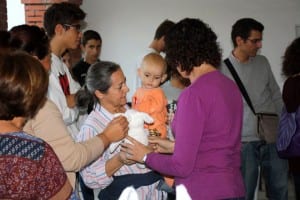
WE know absolutely nothing.
Everyone has heard of Syria. Almost every day our TV screens and papers are filled with horror stories from the area; massacres, mutilations, bombing raids.
We all think that we know what’s happening. We all think that we know what should be done about it.
Our naivety only emerges when we hear the stories from a Syrian’s mouth, as I did in Junta de los Rios.
Through my work in Seritium school, I heard about a campaign to donate toys to Syrian refugees that had got into Anadalucia by the skin of their teeth. I talked to the team and was able to travel with them to meet the refugees.
We were told to meet at the pharmacy in Junta de los Rios, a rather unsuspecting place conjuring images of late night spy meetings in James Bond films.
Upon arrival we were taken to the centre housing the refugees.
The initial meeting was somewhat peculiar, everyone standing around unsure who spoke what language. But all smiles and good humour.
I got talking to a 21-year-old Syrian, my own age, who spoke fantastic English. We joked casually and his brother did an impersonation of Donald Duck. They seemed just like normal guys, the only immediate signs of past woes being the presence of scars on their faces and damage to their teeth.
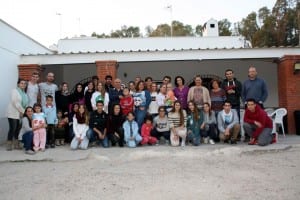
Conversation gradually turned towards Syria. Junta de Los Rios houses one family from Aleppo, formerly the largest city in Syria, and Homs, a hotbed of anti-government protest.
“The country is gone, it is nothingness now” was how the subject of Syria opened.
The 21-year-old told me how the press is riddled with lies within the country. When he was studying engineering at university, it was mandatory to go in once every week at 1pm to take an exam. One afternoon, as pupils were leaving the university, a government plane flew over and opened fire on people going about their normal business.
They weren’t even protesting. They were attacked because they were young and at a university.
Later that evening the story was reported as a terrorist attack.
“I was there. I saw it. How can they say that this was terrorists?”, said the young Syrian, tears rising in his eyes.
As the country formerly known as Syria unraveled, its community has been smashed and scattered to into the surrounding lands. They knew families that had made the Greece crossing, families that had come to Spain, students that had found a temporary home in Germany.
One of his best friends from childhood had gone over to ISIS.
“We don’t talk anymore,” he said “my oldest friend tells me that I am a non-believer and a bad person for leaving Syria instead of staying to fight the Holy War.”
All the moderate, secular rebels that initially took the forefront in the rebellion have now left.
When asked how he felt about Syria now, he fought to keep back the emotional pain.
Imagine this. You have a nice house, friends nearby, a good family life and you are studying for a promising degree. Your whole future is ahead of you. Then try and picture it all disappearing in little more than a fortnight.
Everyone carries an on-board map of their home in their heads, that they sometimes retreat to for solace. I can still clearly picture all the nooks and crannies of my old house. The cracks in the pavement that I walked down to go to school, the smiling man with a beard at the local corner shop, the beautiful tall oak trees.
Now, imagine that it is all gone.
Everyone has vanished. Rubble lies across your path and you don’t even know if your house is still there.
What could possibly be more harrowing than not knowing where to go back to?
The families had traveled with the Mafia, eventually arriving at Melilla. The young student regularly had to pull out his handkerchief to wretch.
“I got this cold in Melilla”, he told me.
The facility there is only designed to house 450 asylum seekers, yet it currently protects over 2,000. The EU is doing very little to help them.
All of them still had their eyes peeled on a potential destination within Europe, with no plans to stay in Spain.
“We will go on to Madrid, and from there possibly to France or Germany”, one refugee told me.
France was very close to being crossed off the list. The family was just as shocked by the events in Paris as any Westerner, and couldn’t quite believe that it had happened (They’re just like us!). Sadly, they now no longer feel as though they would be welcome in France. Something that ISIS wants to happen, and something that we should not let happen. To make a real statement France should increase its refugee intake.
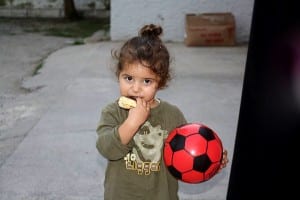
I have always supported the government of the UK, including the current conservative government. However, upon meeting these refugees I found my ‘loyalty’ instantly melting away.
“England would be a dream come true”, one guy said with a glance to the sky.
Its embarrassing how we think 20,000 over four years is enough.
This experience was one of the most harrowing of my life. It has made me realise how fortunate we are just to live in Europe. I honestly feel like our response to the crisis has been pathetic.
I gave a fond farewell hug to the guy that I’d met. I felt so much for him and his family. Nothing is ever quite bought to life until you meet someone whose experiencing something like he is.
Their hopes and dreams have been smashed. Their country has vanished and they don’t know where their friends are. The only thing they can do is fix their eyes on a destination and hope against hope that they will get in to it.



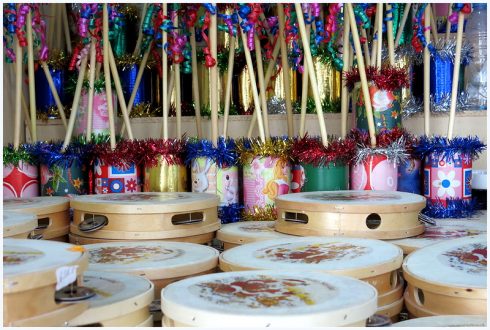
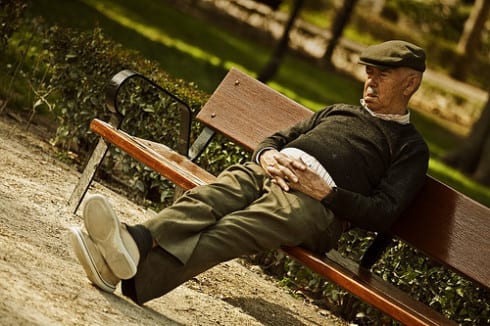

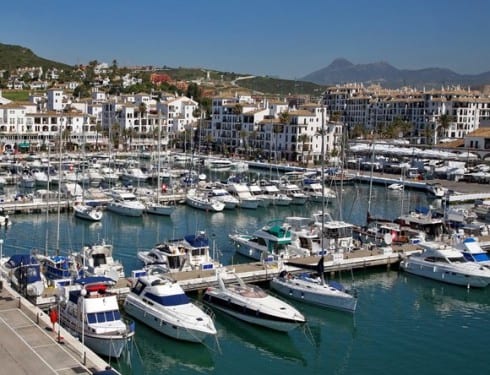

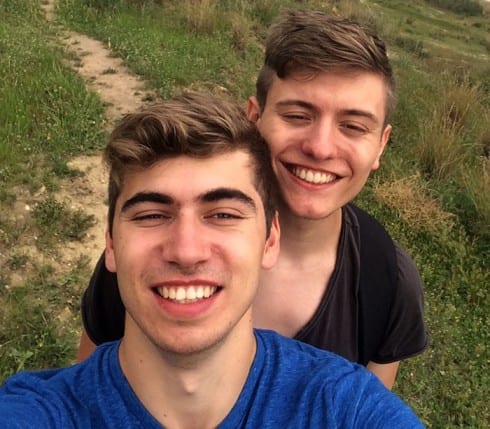
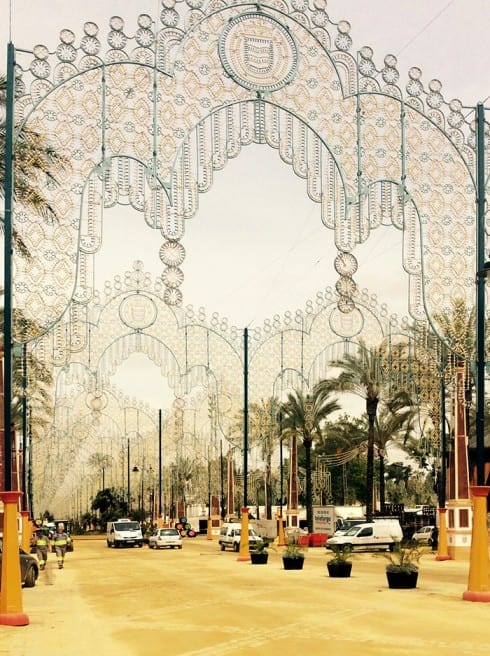


The most accurate and telling statement in this piece is the first four words. Coming a close second is the dawning of the authors disillusion with the cruel, hateful toffs, currently destroying the U.K. as we have always known it.
A well-written and enlightening article. I personally am not surprises at the lack of action by the current government. As interesting as it is to see how the mood in the UK is about refugees, especially post-Paris, this article reminds us it isn’t just a political topic; it’s people’s lives we’re talking about.
I don’t wanna sound like dad but good points, persuasive writing and evidence.
Since when did you play the piano?